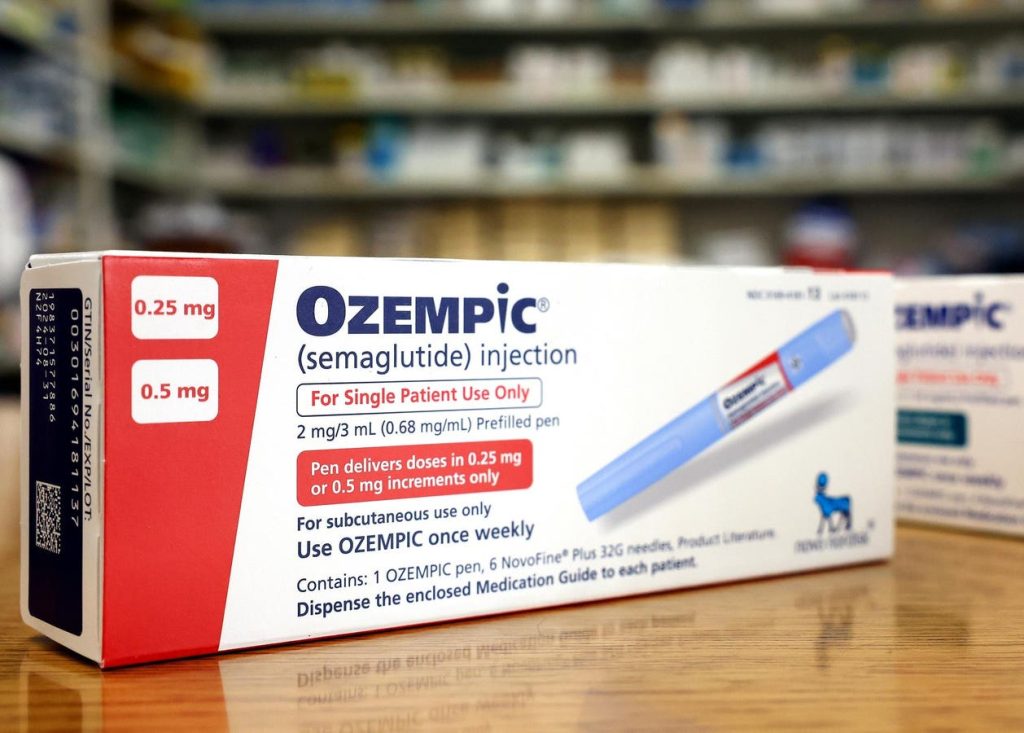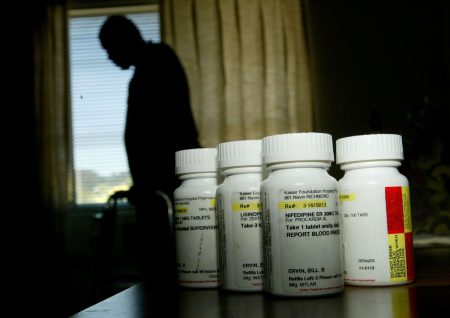Medicare expects to spend over $550 million on the anti-Alzheimer’s drug Leqembi this year, with costs projected to rise to $3.5 billion in 2025. Additionally, Medicare spent $5.7 billion in 2022 on GLP-1 medications like Ozempic and Mounjaro, originally designed for type 2 diabetes but increasingly used off-label for weight loss. These costs are expected to skyrocket in the coming years as Medicare loosens its rules for paying for certain drugs, potentially reaching over $10 billion annually, with taxpayers or beneficiaries footing the bill.
In 2021, Medicare raised Part B premiums by 15% due to the anticipated roll-out of the anti-Alzheimer’s drug Aduhelm. After deciding not to pay for the drug in most cases, Part B premiums were reduced. The cost of Leqembi, priced at $26,500 annually, could range from $2.7 billion to nearly $18 billion depending on the percentage of eligible individuals taking the drug. Initiatives to expand the number of people diagnosed with Alzheimer’s, even without symptoms, could further increase Medicare costs without significant benefits or potentially risky outcomes for patients.
The Alzheimer’s Association is pushing to expand the diagnoses of the disease to include those with high levels of certain brain proteins, even without symptoms. However, the link between these proteins and future Alzheimer’s symptoms is tenuous, with many individuals having these biomarkers without ever developing the disease. New tests measuring these biomarkers raise concerns about increased patient demand for drugs like Leqembi, despite the unclear benefits.
Similar to pre-diabetes diagnoses, the push for pre-Alzheimer’s diagnosis may result in increased patient demand for drugs that may not have significant long-term benefits. Pre-diabetes diagnoses have driven up the number of patients taking weight loss drugs like Ozempic, which are used off-label for weight loss but covered by Medicare when used to treat diabetes. Medicare beneficiaries and taxpayers may end up bearing the cost of drugs prescribed for these diagnoses.
Early testing for conditions like pre-diabetes or pre-Alzheimer’s could have benefits in identifying potential health risks and allowing for preventive measures. However, the uncertain link between test results and future disease outcomes raises concerns about the motivations behind early diagnoses and the potential financial burden on Medicare and taxpayers. The long-term effects of drugs used off-label for weight loss or other conditions remain unclear, highlighting the need for further research and evaluation of these medications.















